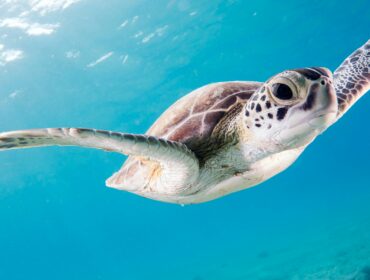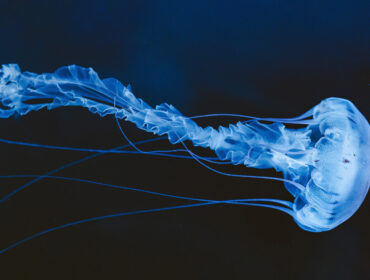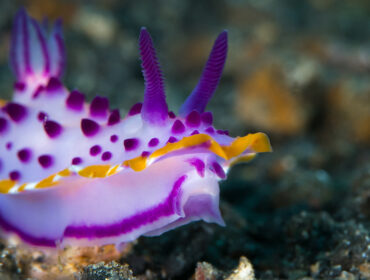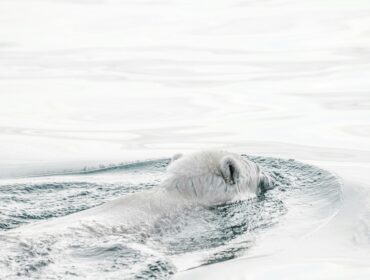Her name is Blondie, and she is Florida’s friendly lemon shark. Over the last year, this playful elasmobranch has become a special favorite to divers near Jupiter, Florida. Divers from locally-based Emerald Charters head into these waters almost daily, and each time, Blondie and her companions are there to greet them.
The outgoing female has formed something of a bond with the dive team, and often makes a beeline for them as soon as they hit the water. She’s not after food, but rather affection. Blondie loves to be petted! The likely reason for her fondness for human contact is the many nerve endings located on a shark’s snout. Gently rubbing this area can lull the shark into an almost sleep-like state, one which Blondie clearly likes. If you don’t give her attention, she will bump you to remind you to get to work.
Lemon sharks are a non-aggressive species, not prone to biting unless provoked or threatened. There have only been 22 reported instances of a lemon shark biting a person, and zero fatalities. They grow up to roughly ten feet in length, and get their name from the yellowish tinge to their skin.
Of course, don’t try this at home. Blondie and her attachment to the Emerald dive team is unique in the undersea world. Petting any random shark is probably not the best idea. Here are some tips to help you stay safe when diving in areas known for sharks:
- Know your sharks. Being able to identify what type of shark you see can help you know how to react. Most daytime feeders at a reef are non-aggressive species.
- Avoid diving a reef at dawn or dusk when more aggressive species like tiger sharks are likely to be on the prowl.
- When diving in an area known for shark activity, head down as soon as possible rather than bobbing around on the surface.
- Don’t spearfish when there are sharks present, nor try to feed them.
- When taking underwater flash photographs, be aware that the high pitched whine of the recycling flash has been known to agitate sharks, who may try to bump or bite your rig.
- Don’t chase after a shark. They may find this action threatening and turn to defend themselves.
- A shark swimming with its back arched or pectoral fins pointed down is telling you to back off! Don’t take its picture or approach it.
- Don’t panic. Frantic swimming or splashing on the surface will only draw more attention to you rather than dissuade the animal.
Using proper caution and displaying respect towards these ocean dwellers can lead to exciting and memorable encounters that need not be life threatening or panic inducing. You might even find your own Blondie, who just wants a nice nose rub.
Image via lwpkommunikacio





